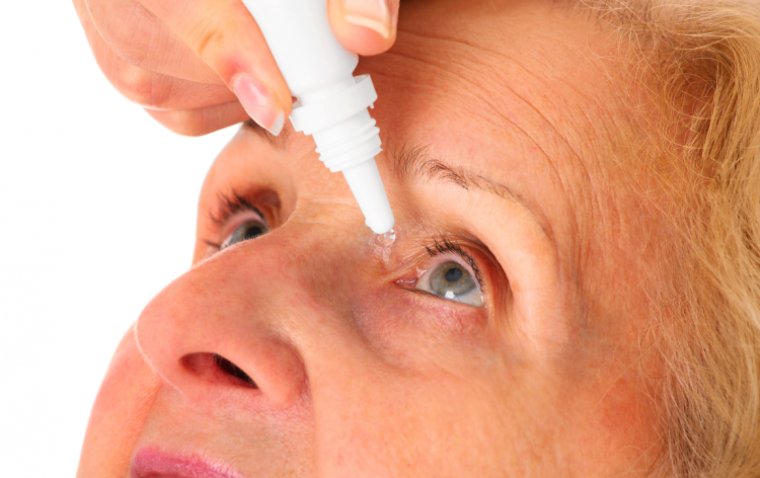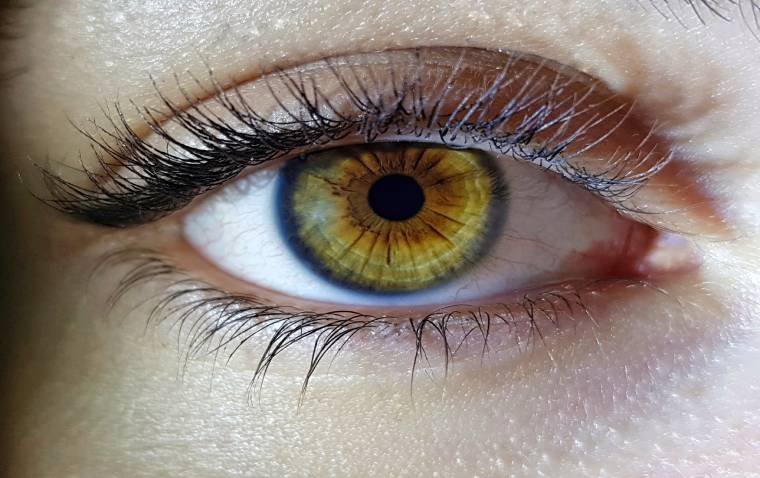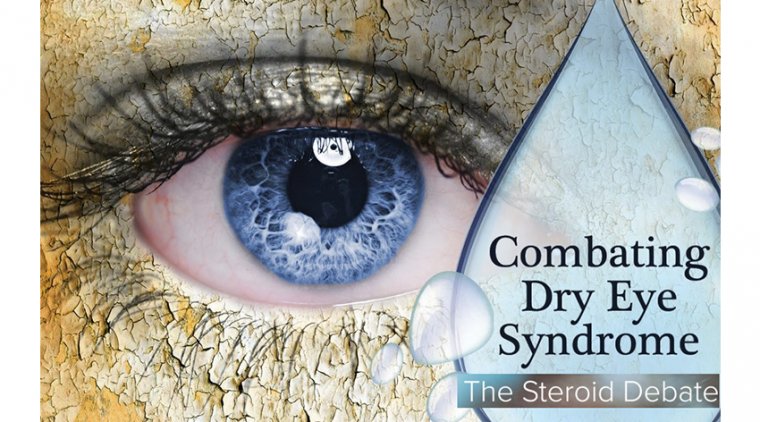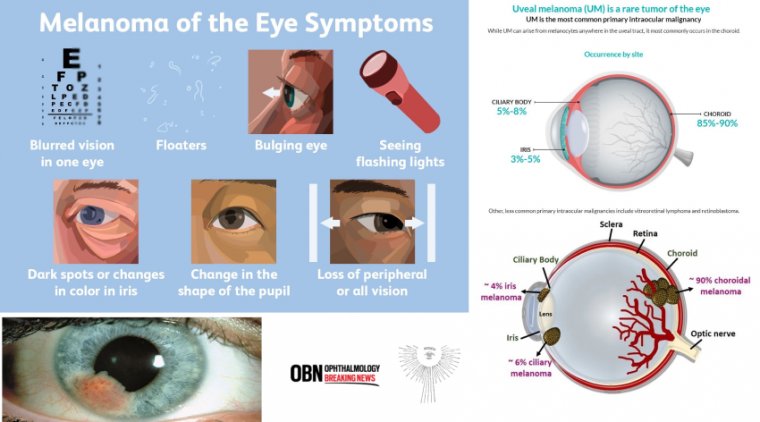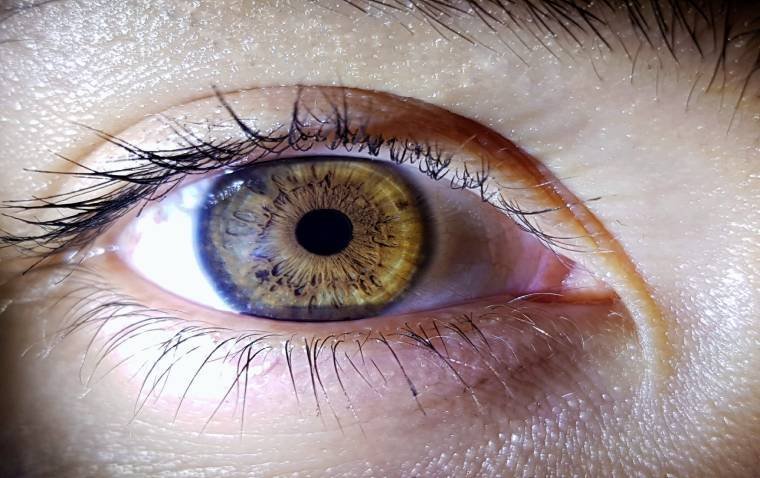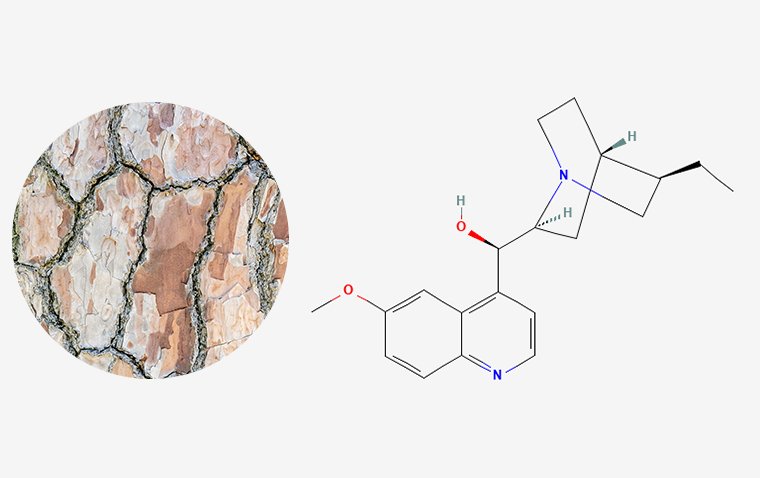
Study Finds Natural Compound Effective as Contact Lens Disinfectant
A recent study suggests that a naturally-occurring material could serve as an effective disinfectant for contact lenses, providing potentially groundbreaking implications for millions of wearers worldwide.
Microbial keratitis, a severe complication for contact lens users, is caused by bacterial infections, notably Pseudomonas aeruginosa. Existing disinfecting solutions often struggle to prevent the formation of biofilms, clusters of bacteria adhering to lens surfaces.
Hydroquinine, an organic compound found in tree bark, exhibits potent antibacterial properties against Pseudomonas aeruginosa and other clinically significant germs.
Researchers from the University of Portsmouth in England and Naresuan and Pibulsongkram Rajabhat universities in Thailand explored the incorporation of hydroquinine into multipurpose contact lens solutions (MPSs) to combat contamination.
Their study, published in Antibiotics, revealed that hydroquinine-based solutions eradicated 99.9 percent of bacteria at the time of disinfection. Dr. Robert Baldock, from the University of Portsmouth, emphasized the potential of natural compounds in limiting contact lens contamination, highlighting the study's progress from discovery to application.
With up to 3.5 million annual reports of corneal infections globally, microbial keratitis poses a significant threat, particularly for overnight contact lens wearers. The World Health Organization has identified multidrug-resistant P. aeruginosa as a critical pathogen, contributing to over 35,000 deaths annually.
Hydroquinine, already known for its efficacy against malaria and nocturnal muscle cramps, presents a promising avenue for combating P. aeruginosa infections. Lead author Sattaporn Weawsiangsang, currently a visiting researcher at the University of Portsmouth, underscores the need for further investigation into hydroquinine's safety and efficacy.
The study concludes by advocating for additional research to assess hydroquinine's effectiveness across various contact lens materials and against other pathogenic microorganisms. This research opens doors to the development of novel disinfectants derived from natural products, potentially reducing corneal infections and enhancing eye health worldwide.
Reference
Sattaporn Weawsiangsang et al, Hydroquinine Enhances the Efficacy of Contact Lens Solutions for Inhibiting Pseudomonas aeruginosa Adhesion and Biofilm Formation, Antibiotics (2024). DOI: 10.3390/antibiotics13010056
(1).jpg)
